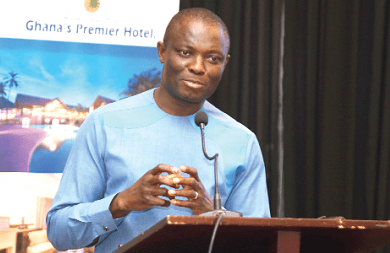In Ghana’s 4th Republic, political parties have typically governed for a maximum of eight years before being succeeded by an opposing party. This trend, fueled by a common belief among voters that “all politicians are the same,” has created a cyclical power shift. Now, the ruling New Patriotic Party (NPP) is setting its sights on “breaking the eight,” aiming to extend its governance beyond the usual two-term limit.
The NPP’s aspirations come at a challenging time for Ghana, as the country grapples with economic hardships exacerbated by hostile external factors. However, the party acknowledges that these issues are not solely due to external influences but are also the result of decades of political mismanagement and poor economic decisions. Ghana has a history of living beyond its means, often resorting to borrowing to cover budget deficits—a practice that has led to the current financial strain, likened to a Ponzi scheme in crisis.
Concerns are growing that if these issues persist, Ghana’s democracy and political stability could be at risk. To avert this potential crisis, the NPP proposes a new political approach focused on accountability and reform. The party believes that breaking the cycle of eight-year rule requires a departure from traditional political practices, which often involve glorifying past achievements and making lofty promises while disparaging opponents.
To achieve this, the NPP outlines several key steps:
Acknowledging Failures: The party emphasizes the need for the political class to recognize past and present shortcomings in leadership and governance.
Implementing Reforms: Deep and comprehensive reforms are needed to address long-standing issues of political and economic mismanagement.
Leading by Example: The NPP calls for politicians to make personal sacrifices and demonstrate a commitment to reform, particularly in areas like public procurement and the use of national resources.
National Unity: The party seeks to foster a sense of collective responsibility, urging all Ghanaians to contribute to the country’s recovery and development.
The NPP believes that by embracing these principles and demonstrating genuine commitment, it can convince voters of its capability to lead the nation towards a more stable and prosperous future. Whether the party can indeed “break the eight” remains to be seen, but its proposed shift in political culture marks a significant departure from the norms of Ghanaian politics.































